Recently, former Editor-in-chief of Tehelka, Tarun Tejpal was acquitted in a 2013 rape case, despite having admitted to the assault. The court cited the complainant’s private chats and photos with different people to discredit her as a reliable witness.
Breaking: Journalist Tarun Tejpal acquitted in Rape Case pic.twitter.com/muTzruhThg
— Live Law (@LiveLawIndia) May 21, 2021
Reportedly, Additional Sessions Judge Kshama Joshi stated that the victim appeared, “cheerful and happy and far from traumatised or upset” in photographs taken after the alleged assault. The 527-page long statement also stated that the “flirtatious and sexual conversations” of the victim with friends over WhatsApp did not make her “a trustworthy or reliable witness”.
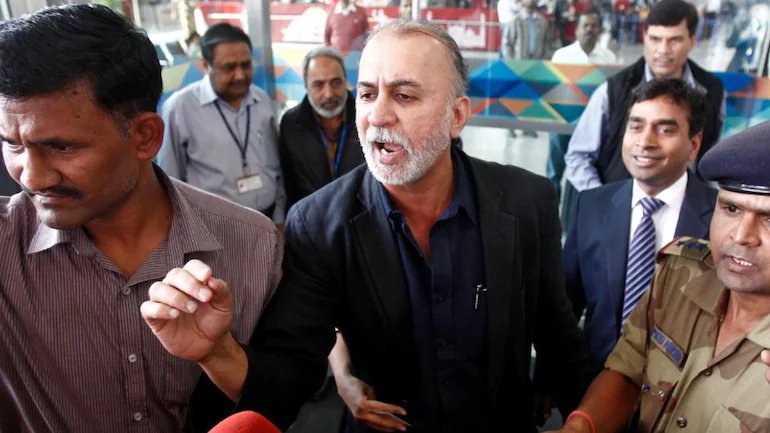
While the judgement was heavily criticized by the public, the reality is that this is certainly not the first time that an Indian court has let down the women of the country.
1. Bombay HC ruled that groping a minor without ‘skin to skin’ contact does not fall under the purview of sexual assault, as defined under the Protection of Children from Sexual Offences (Pocso) Act. The girl in question was only 12.
2. Madhya Pradesh HC granted bail to a sexual harassment offender, ‘requesting’ the victim to tie a rakhi to the accused and directing the accused to pay a sum of ₹11,000 as part of the Rakhi tradition.
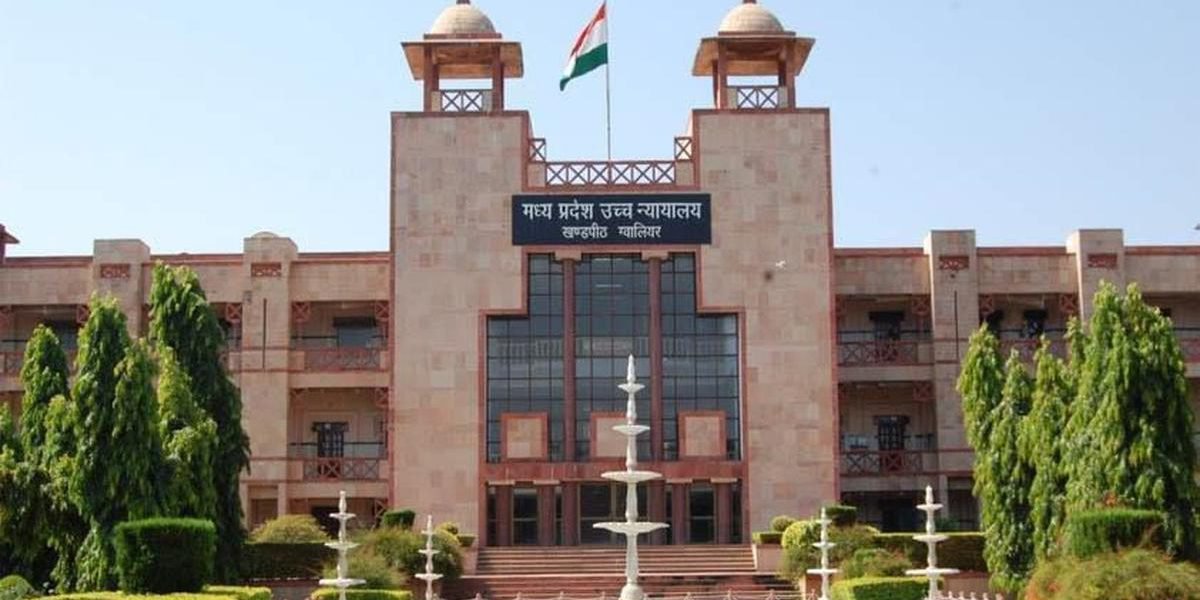
MP HC orders lady survivor of molestation to tie rakhi on accuser as pre-condition for HIS bail!
— Mahua Moitra (@MahuaMoitra) August 3, 2020
Bench ordering this needs to be put in jail & the keys thrown away
Is SC taking suo moto cognisance of this madness, MiLords? https://t.co/Zf1YEuiTEd
The court order read:
The applicant, along with his wife, shall visit the house of the complainant with rakhi thread/band on August 3 at 11 am with a box of sweets and request the complainant to tie the rakhi band to him with the promise to protect her to the best of his ability for all times to come.
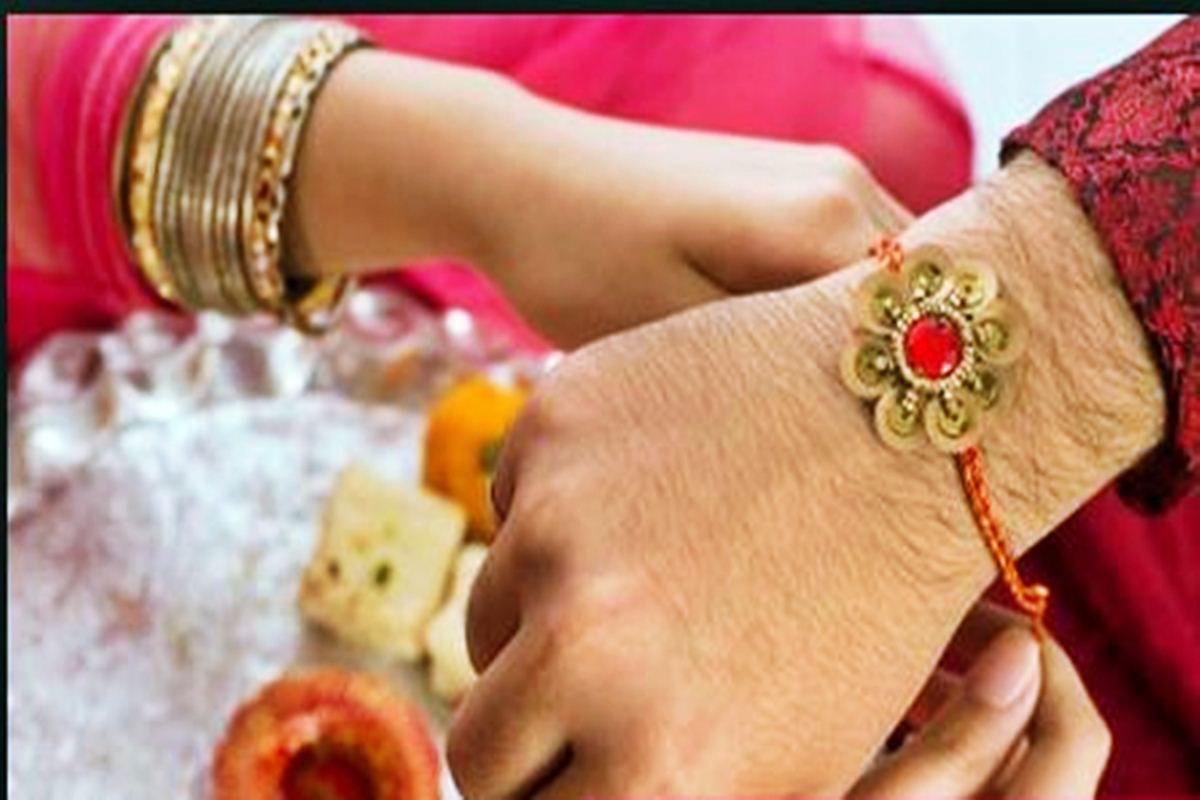
3. A sexual offender was granted bail because Justice Krishna S Dixit, of the Karnataka High Court, believed and ruled that the rape victim’s behavior was ‘unbecoming’ and not in line with the way “our women react when they are ravished”. The victim had slept after being assaulted.
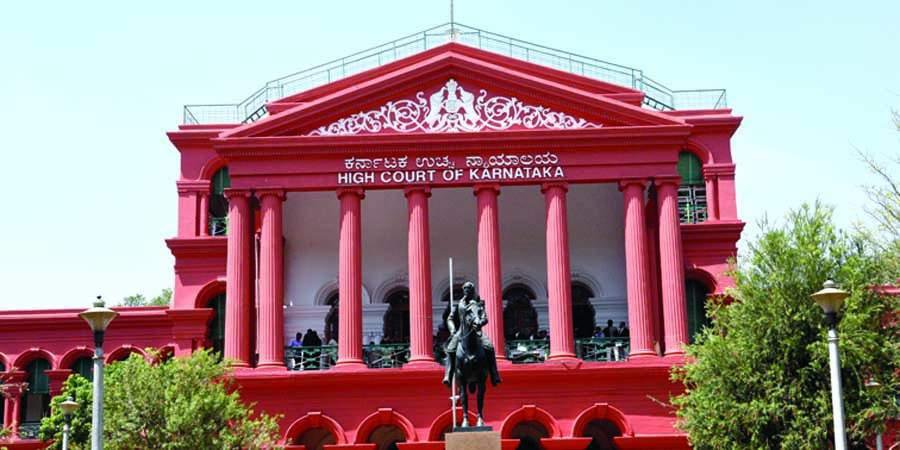
Justice Dixit also questioned the victim for going to her office late at night, and not objecting to drinking with her offender. After outrage over his comments, the judge removed the words from the official judgement, but the offender was still granted bail.
There is no low too low #KarnatakaHC https://t.co/7P4ohTsOAY
— Tanvi Bhandari (@TanviBhandari18) June 25, 2020
Is there a guide book for Indian women to follow after being raped on how to behave? #Despicable #karnatakaHC @ReallySwara @kavita_krishnan https://t.co/r2mXeZyAb7
— Komal Ramdey (@KomalRamdey) June 25, 2020
4. In 2017, the Punjab and Haryana High Court granted bail to three men accused of gang-raping a woman, and instead, blamed “the promiscuity of the victim and the voyeuristic tendencies of all parties involved, including the victim.”
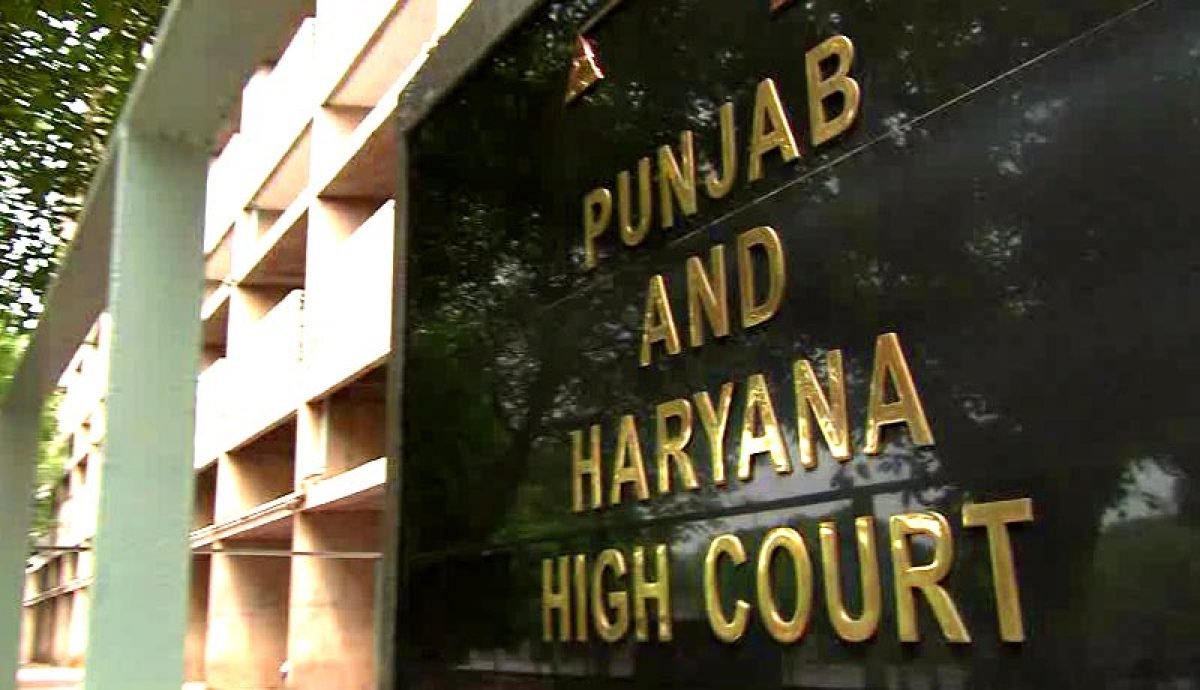
The victim was blackmailed and raped, multiple times, over a period of 18 months by the prime accused. However, the court’s judgement stated “it would be a travesty if these young minds (the accused) are confined to jail for an inordinate long period.” Consequently, a petition was started on Change.org against the High Court’s ‘regressive’ judgement.

5. In 2016, the Supreme Court reversed the verdict of a High Court that sentenced three men for gang rape by stating that the victim’s behaviour was “not at all consistent with those of an unwilling, terrified and anguished victim of forcible intercourse, if judged by the normal human conduct.”
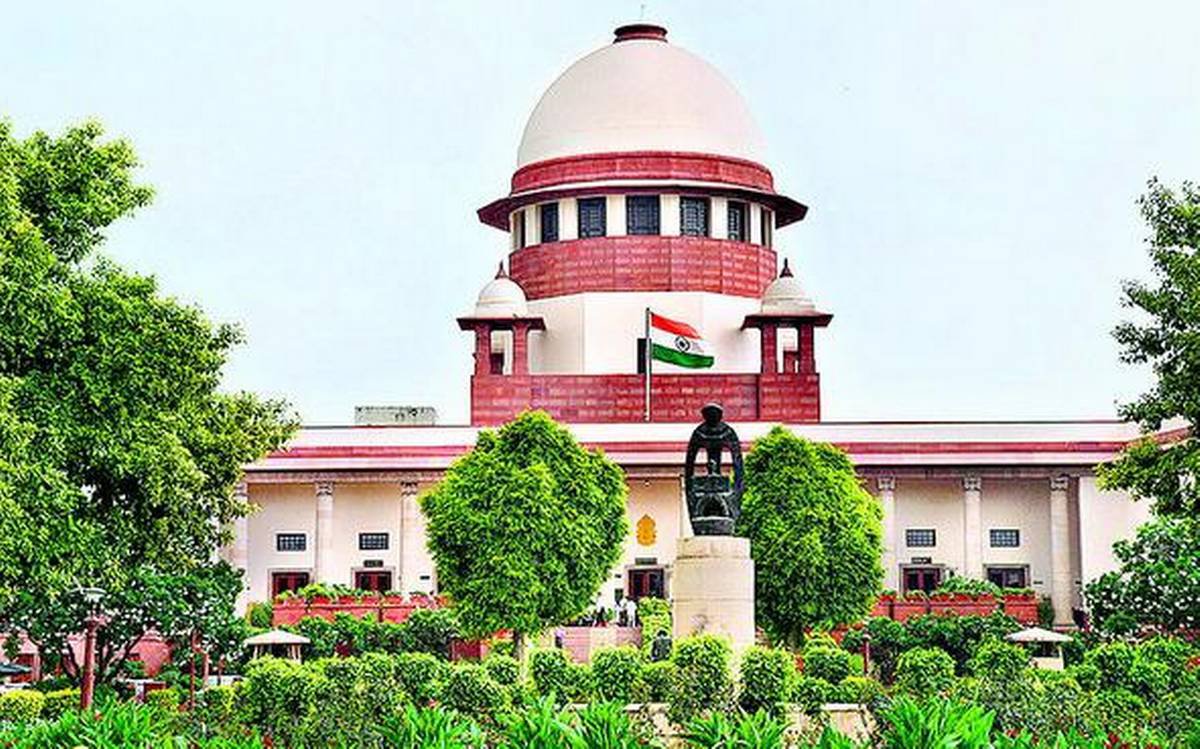
In its judgement, the court added that since the victim stayed to collect evidence, “instead of hurrying back home in a distressed, humiliated and a devastated state”, the victim was not looking for justice but vengeance.
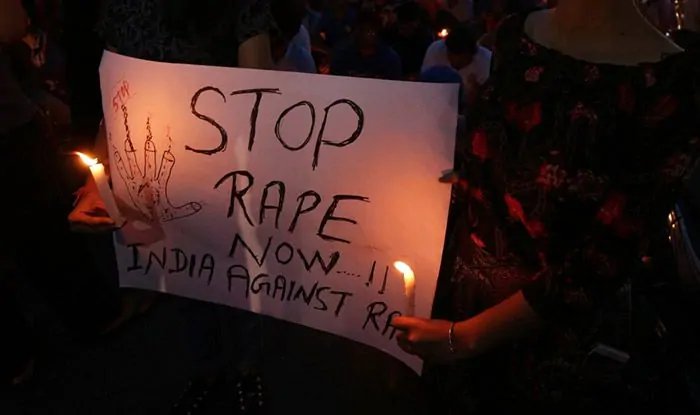
6. In 2015, the Madras High Court asked a rape convict, who had applied for bail, to ‘mediate’ with his victim (a minor) as a “free man”, outside of jail.
Since the victim bore a child out of the incident, Judge Devadass believed, as written in his statement, that this was a “fit case for attempting compromise between the parties.”
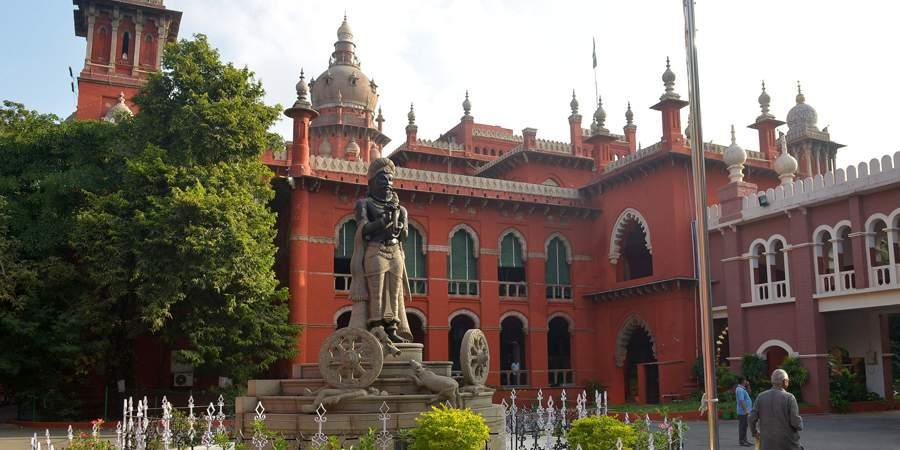
To reiterate, here the two parties would mean the rapist and his victim. Consequent outrage and a judgment by the SC led to the judgement being recalled.
7. In 2017, the Rajasthan High Court dismissed a victim’s account of rape and ruled in favour of the alleged rapist, because of lack of injury marks on the victim’s body.
The court order stated, “The medical evidence did not indicate any injury on any part of her body which suggested that she was never subjected to any forcible rape.”
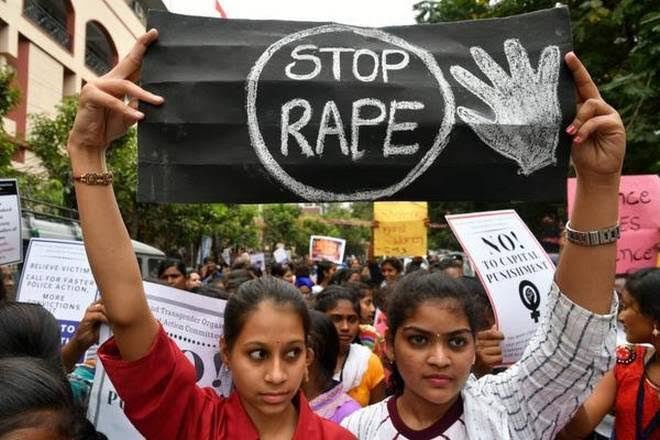
8. In 2013, a Delhi High Court judge, Virender Bhat, referred to pre-marital as “immoral”, and used that to rule in favour of the accused, who was on trial for engaging in sexual intercourse with a woman under the false pretext of marrying her.
The court order stated:
When a grown up, educated and office going woman subjects herself to sexual intercourse with a friend or colleague on the latter’s promise he would marry her, she does so at her own peril… She must understand that she is engaging in an act which is not only immoral but also against the tenets of every religion. No religion in the world allows pre-marital sex.
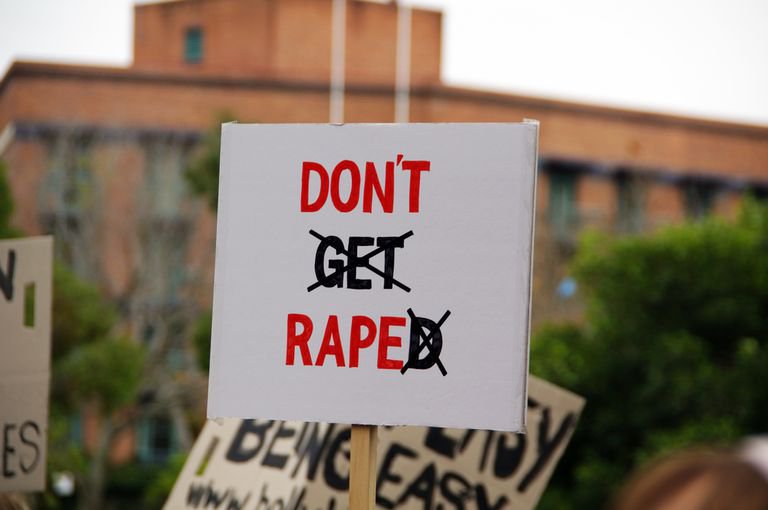
In May 2020, the Orissa High Court issued a similar judgement, stating that “sex on the false promise of marriage does not amount to rape.”
9. In 2019, a Delhi court granted bail to a molester on the condition that he would plant 50 trees in a government school. The same year, a Ghaziabad court also recalled the arrest warrant against a man accused of kidnapping and raping a minor, provided he plant 5 saplings.

10. The 1972-79 Mathura Rape Case, where the accused (2 police constables) were acquitted by the SC because the victim was “habituated to sexual intercourse”, “did not scream during the act” and there were “no marks of injury” on her body that indicated forced sexual intercourse.
One of the earliest examples of the Indian justice system letting down women, especially victims of sexual assault, is the 1972 custodial rape case of a young tribal girl, Mathura. She was raped by 2 police constables at the police station, but the accused were acquitted by the SC.
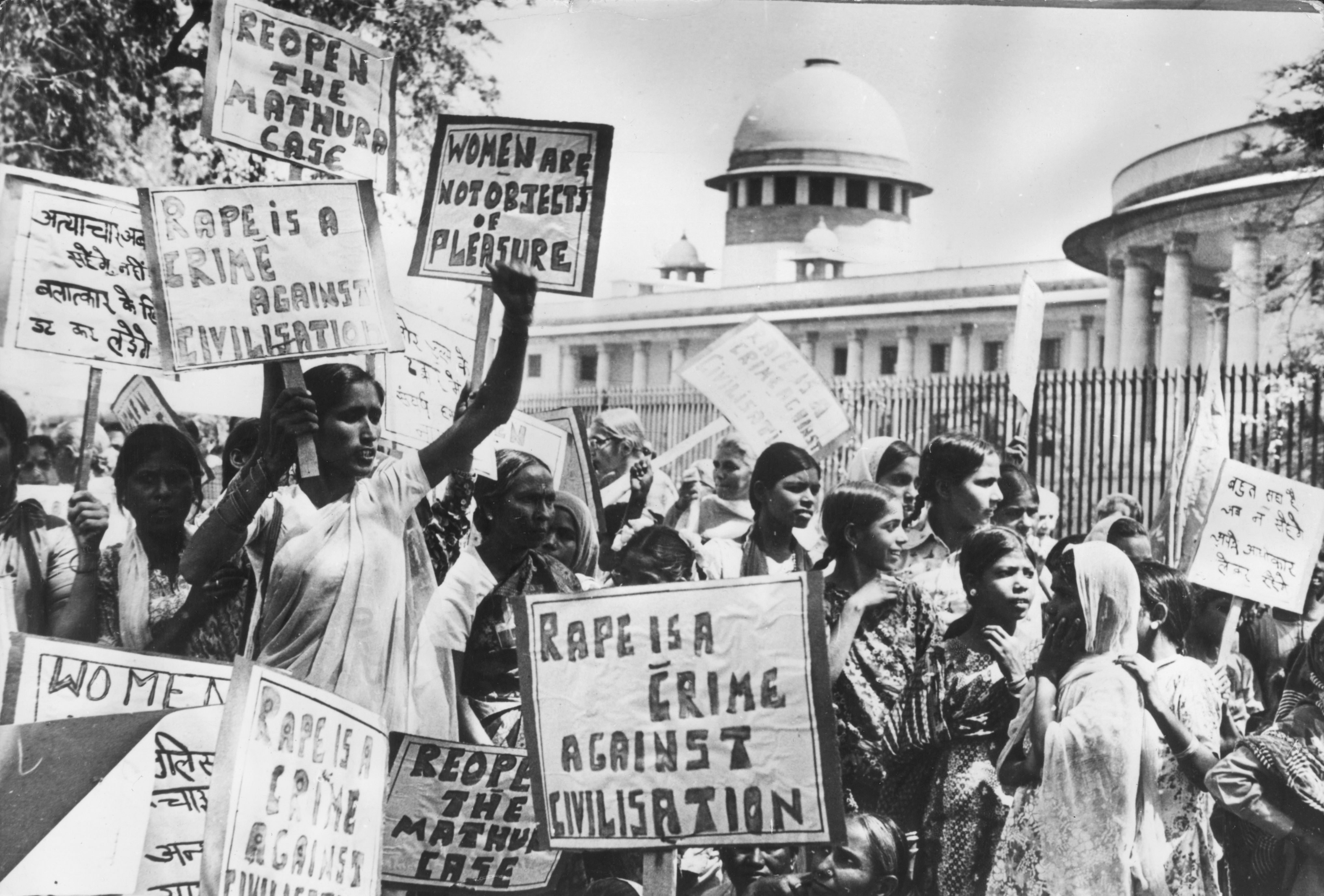
The judgement led to widespread protests, raised discussions over the difference between submission and consent, and ultimately, the GoI had to amend the rape law (The Criminal Law Amendment Act 1983 (No. 43)) to give greater credibility to the victim’s account.
Sexual education and sexual awareness are long-term but macroscopic solutions. What the women of the country need are stricter laws, fair trials, and swift results. And certainly not such regressive judgements that reek of sexism and injustice.

















